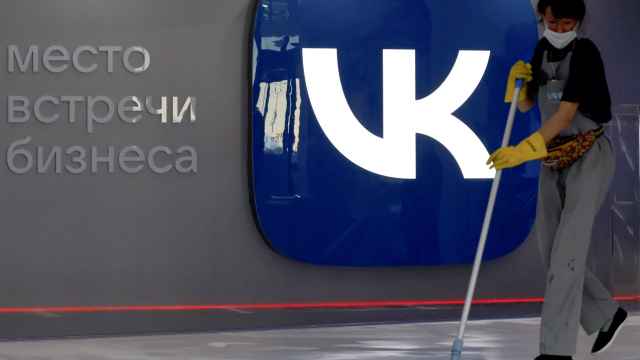Russia’s largest social network VKontakte has started labeling LGBT-themed pages on its site with warnings that they may violate draconian legislation signed into law this week banning the depiction of non-heterosexual relationships and identities.
“There may be controversial material in this community,” a warning label displayed to potential visitors reads before allowing users the option to enter or move on. “Some community materials may be considered inadmissible under Russian law.”
Russian bookstores and libraries were reported to have begun pulling LGBT-themed works from their catalogs to avoid being shut down within hours of Russian President Vladimir Putin signing the controversial new law.
Bookstores, media outlets, film studios, TV stations, and video game makers from now on all face steep fines for disseminating so-called “LGBT propaganda” to either adults or minors.
St. Petersburg-based tech firm VK, which owns VKontakte, said that its failure to comply with the new law would put it at risk of being blocked in Russia.
“Therefore, when receiving an official request, we will be forced to restrict access to pages prohibited in Russia by court order,” VK said in a Thursday blog post.
VK is expected to buy Russia’s largest search engine Yandex in the near future, where it could potentially introduce similar warning labels once the deal is finalized.
The sale of Yandex’s news aggregator to VK has also sparked fears that Russian users could lose access to some of the few remaining independent media outlets that have not yet been banned or shut down since Russia invaded Ukraine in February.
VK, whose CEO Vladimir Kirienko is the son of Sergei Kirienko, the deputy head of the presidential administration, currently controls the Mail.ru email and news services, and the VKontakte and Odnoklassniki social networks, among others.
A Message from The Moscow Times:
Dear readers,
We are facing unprecedented challenges. Russia's Prosecutor General's Office has designated The Moscow Times as an "undesirable" organization, criminalizing our work and putting our staff at risk of prosecution. This follows our earlier unjust labeling as a "foreign agent."
These actions are direct attempts to silence independent journalism in Russia. The authorities claim our work "discredits the decisions of the Russian leadership." We see things differently: we strive to provide accurate, unbiased reporting on Russia.
We, the journalists of The Moscow Times, refuse to be silenced. But to continue our work, we need your help.
Your support, no matter how small, makes a world of difference. If you can, please support us monthly starting from just $2. It's quick to set up, and every contribution makes a significant impact.
By supporting The Moscow Times, you're defending open, independent journalism in the face of repression. Thank you for standing with us.
Remind me later.






